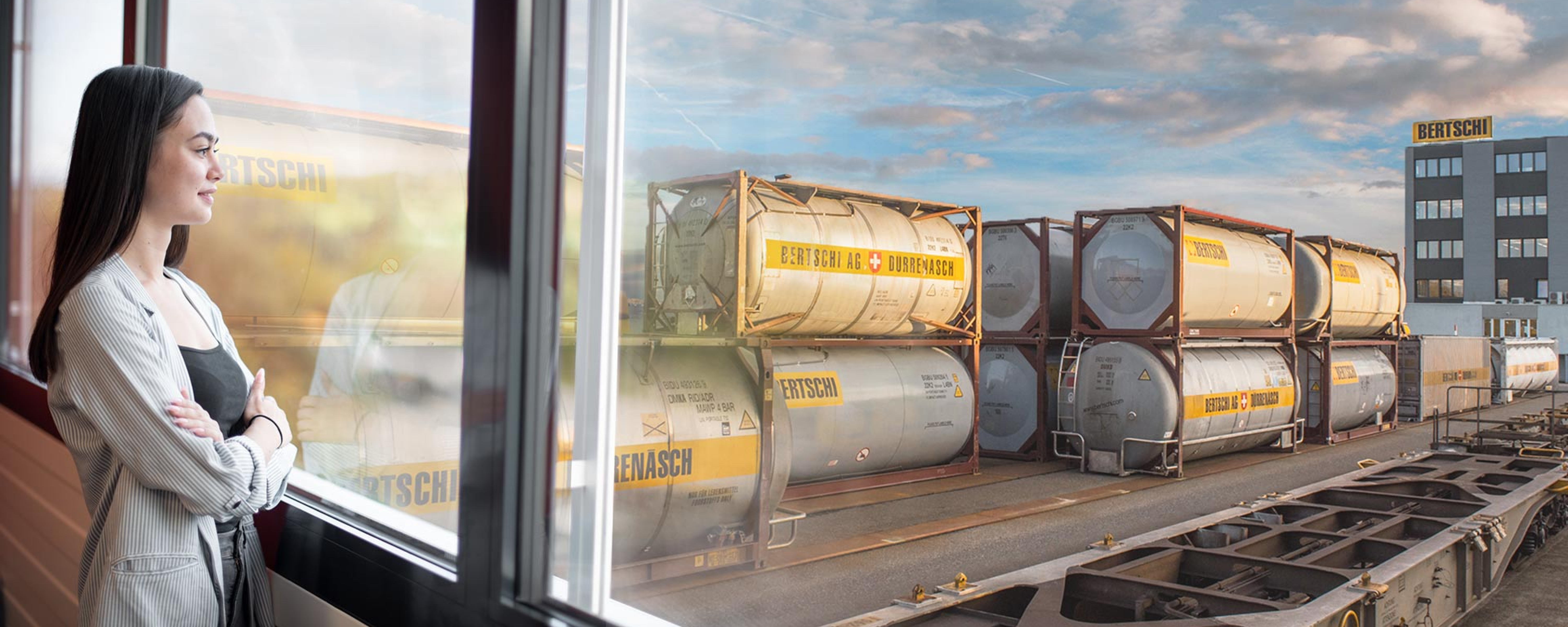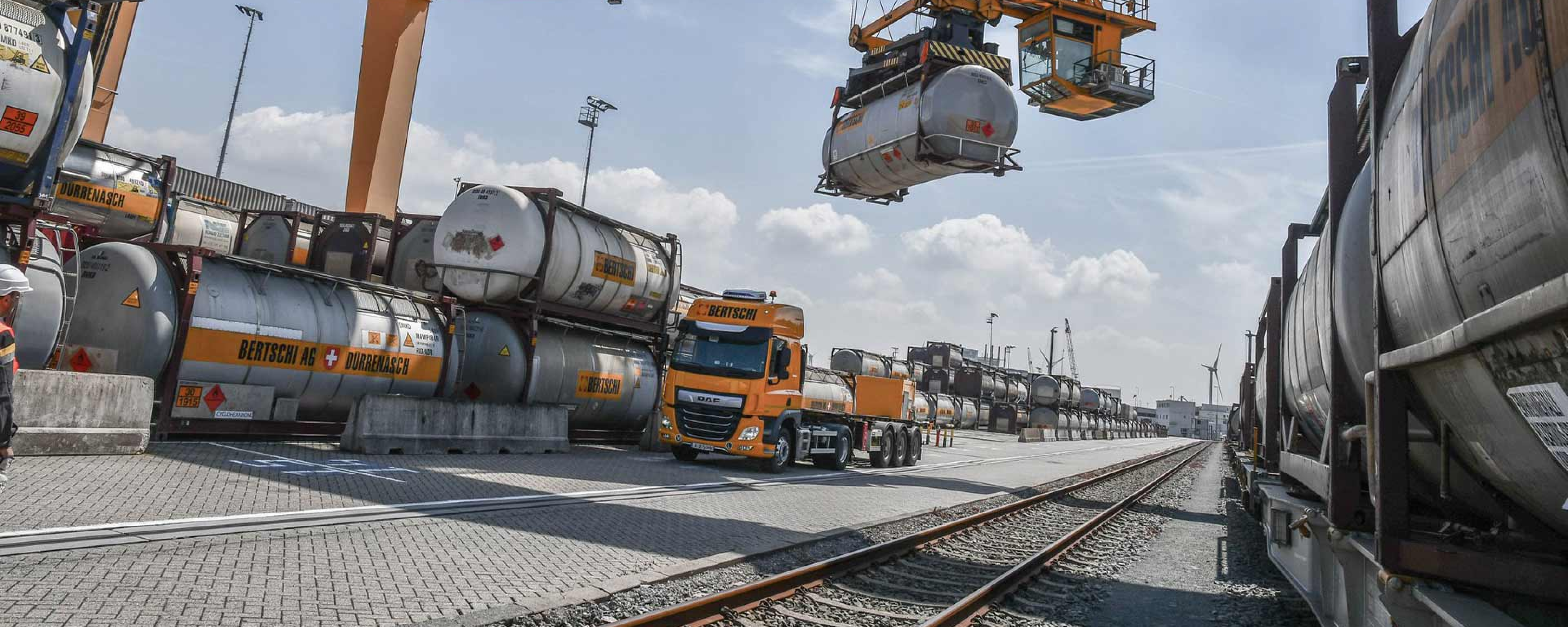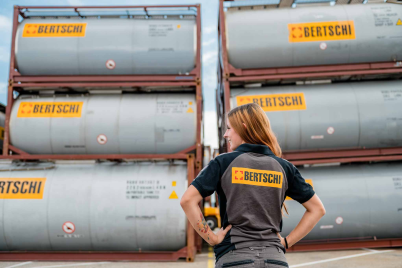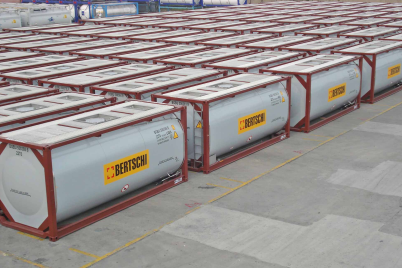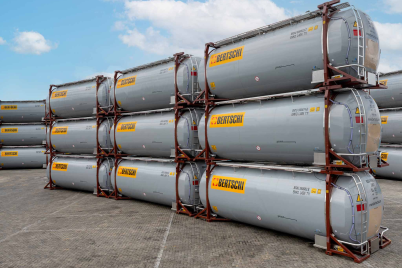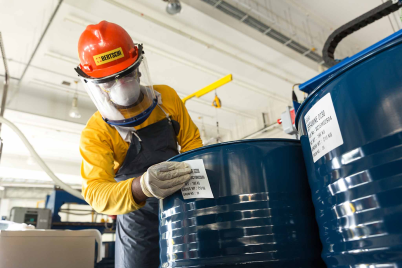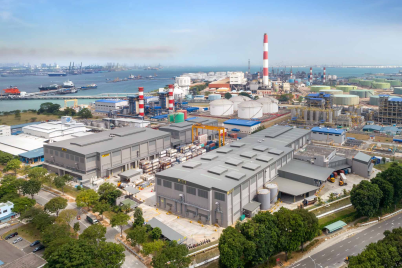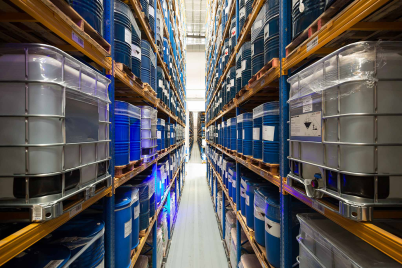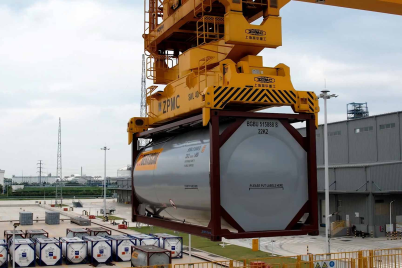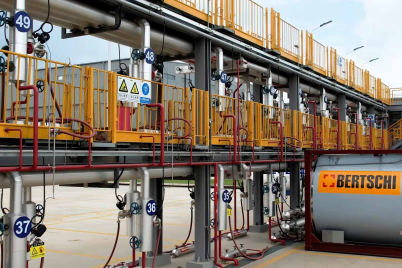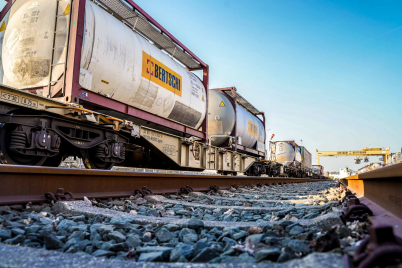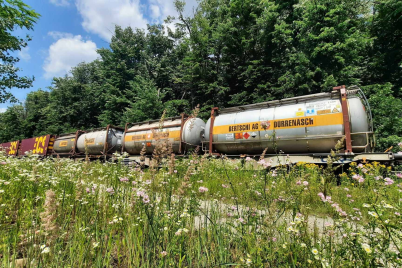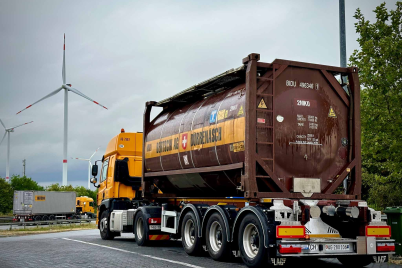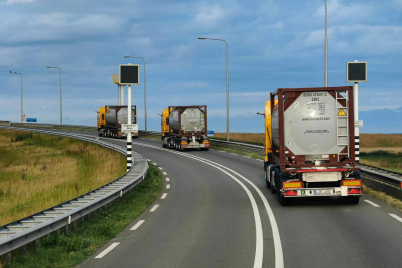SAF, HVO, and Biofuels…What Are These So-Called “Chemicals of Tomorrow” Exactly?

As the demand for sustainable energy solutions accelerates, the decarbonized chemicals market is set to grow rapidly. Key players in this transformation include Sustainable Aviation Fuel (SAF), Hydrotreated Vegetable Oil (HVO), and other biofuels. Bertschi is uniquely positioned to support producers and distributors as they navigate this emerging market. But what exactly are these “chemicals of tomorrow,” and why are they critical in the decarbonization effort?
What Are SAF, HVO, and Biofuels?
Understanding these key products is essential to the future of sustainable logistics:
- Sustainable Aviation Fuel (SAF): A cleaner alternative to conventional jet fuel, SAF is produced from renewable sources like waste oils, fats, and greases. It helps reduce the carbon footprint of the aviation industry by cutting lifecycle emissions by up to 80%.
- Hydrotreated Vegetable Oil (HVO): Derived from renewable feedstocks like plant oils and animal fats, HVO is a high-quality, drop-in alternative to diesel fuel. Its benefits include lower greenhouse gas emissions and enhanced engine performance.
- Biofuels: Produced from organic material, biofuels can replace traditional fossil fuels in various applications. They help lower emissions in sectors that are challenging to electrify, such as transportation and heavy industry.
Bertschi’s Readiness for the Decarbonized Future
Bertschi has invested in the infrastructure, equipment, and expertise needed to be the preferred logistics service provider for decarbonized chemical products.
- Specialized Equipment: Our fleet of intermodal containers is fully equipped to transport SAF, HVO, and other biofuels across all modes—rail, road, and sea—ensuring seamless and efficient delivery.
- Strategic Locations: With a global network of strategically located hubs, including state-of-the-art terminals and storage facilities, we provide the flexibility to meet the demands of this fast-growing sector.
- Expertise in Handling Liquids: Bertschi has been a leader in liquid chemical logistics for decades. Our deep understanding of complex handling requirements ensures that decarbonized products are transported safely and efficiently.
- Reduced Emissions through Intermodal Solutions: By leveraging rail transport over long distances and first- and last-mile trucks using alternative energy sources, we help customers lower Scope 3 emissions, supporting decarbonization efforts across their supply chains.
Navigating This New Industry of Tomorrow’s Chemicals?
The shift towards decarbonized chemicals presents both opportunities and challenges for the logistics sector. Companies that are able to adapt and innovate will lead the way in creating resilient and sustainable supply chains.
Key factors driving success in this market include:
- Scalability: Logistics infrastructure needs to be adaptable and capable of scaling with the evolving demands of the biofuels market.
- Reliability: As these fuels gain more prominence, maintaining reliable supply chains that can handle the complexities of liquid transport will be critical.
- Flexibility: The ability to provide modular solutions—combining storage, transportation, and specialized handling—will be essential in supporting the diverse needs of this emerging market.
Bertschi leverages decades of experience in logistics and smart investments to provide scalable, reliable, and flexible solutions. As the industry moves towards a cleaner future, the role of logistics in supporting that transformation is more critical than ever.
